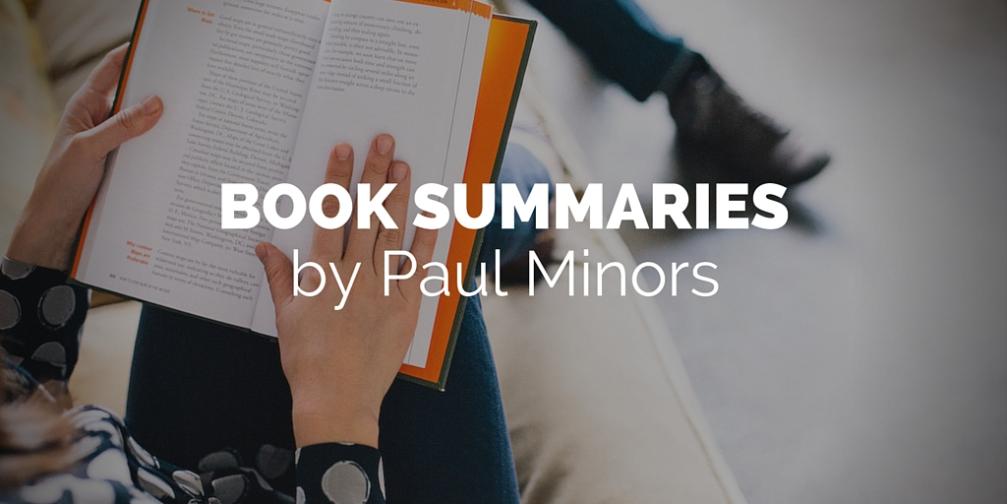How Can Book Reviews Help Me Make Informed Purchasing Decisions?
In today's digital age, where information is readily available at our fingertips, making informed purchasing decisions has become more critical than ever. This is especially true when it comes to buying books, as there are countless options to choose from and it can be challenging to determine which ones are worth our time and money.

Book reviews play a vital role in providing valuable insights and assisting readers in making informed purchasing decisions. They offer a comprehensive analysis of a book's content, style, and overall quality, helping readers understand what the book is about, its strengths and weaknesses, and whether it aligns with their interests and preferences.
Understanding Book Reviews
A book review is a critical assessment of a book written by a professional critic, a consumer, or an academic. The purpose of a book review is to provide an overview of the book's content, analyze its strengths and weaknesses, and offer an opinion or recommendation to potential readers.
There are different types of book reviews, each serving a specific purpose:
- Professional Reviews: Written by professional critics or literary experts, these reviews provide in-depth analysis and evaluation of a book's literary merit, style, and overall contribution to the literary landscape.
- Consumer Reviews: Written by everyday readers, consumer reviews offer personal opinions and experiences with a book. They provide insights into the book's accessibility, readability, and overall enjoyment factor.
- Academic Reviews: Written by scholars or researchers, academic reviews focus on the book's scholarly value, research methodology, and contribution to a particular field of study.
Key Elements Of A Book Review
A well-written book review typically includes the following key elements:
- Summary of the Book: A brief overview of the book's plot, main arguments, or central themes.
- Analysis and Evaluation: An in-depth analysis of the book's strengths and weaknesses, including the author's writing style, character development, plot structure, and overall execution.
- Reviewer's Opinion and Recommendation: The reviewer's personal opinion about the book and a recommendation on whether or not readers should consider purchasing and reading it.
How Book Reviews Can Help Make Informed Purchasing Decisions
Book reviews can assist readers in making informed purchasing decisions in several ways:
- Provide an Overview of the Book's Content and Style: Book reviews offer a concise summary of the book's plot, main arguments, or central themes, helping readers understand what the book is about and whether it aligns with their interests and preferences.
- Highlight the Book's Strengths and Weaknesses: Reviews provide an in-depth analysis of the book's strengths and weaknesses, allowing readers to identify the book's positive aspects and potential drawbacks before making a purchase.
- Offer Insights into the Book's Relevance and Appeal to Specific Readers: Book reviews often provide insights into the book's relevance and appeal to specific reader groups, helping readers determine if the book is a good fit for their reading preferences and interests.
- Help Readers Identify Books that Align with Their Interests and Preferences: By reading book reviews, readers can discover new books that align with their interests and preferences, expanding their reading horizons and ensuring they choose books they are likely to enjoy.
Tips For Evaluating Book Reviews
To make the most of book reviews and use them effectively in making informed purchasing decisions, consider the following tips:
- Consider the Reviewer's Credibility and Expertise: Evaluate the reviewer's credentials, experience, and expertise in the relevant genre or subject matter to assess the reliability and credibility of their review.
- Look for Reviews that Provide Specific Examples and Evidence: Look for reviews that provide specific examples and evidence to support their claims and analysis. This demonstrates the reviewer's attention to detail and thorough understanding of the book.
- Be Aware of Potential Biases or Conflicts of Interest: Be aware of potential biases or conflicts of interest that may influence the reviewer's opinion. For example, a reviewer who has a personal relationship with the author or publisher may be more likely to give a positive review.
- Read Multiple Reviews to Get a Balanced Perspective: Don't rely on a single review to make a purchasing decision. Read multiple reviews from different sources to get a balanced perspective and a more comprehensive understanding of the book's strengths and weaknesses.
Additional Factors To Consider When Making Purchasing Decisions
In addition to book reviews, consider the following factors when making purchasing decisions:
- Author's Reputation and Track Record: Consider the author's reputation and track record in the genre or subject matter. A well-established author with a history of successful books is more likely to deliver a quality read.
- Genre and Popularity of the Book: Consider the genre and popularity of the book. If you are a fan of a particular genre, you are more likely to enjoy a book that falls within that genre. Popularity can also be an indicator of the book's quality and appeal.
- Availability of the Book in Different Formats: Consider the availability of the book in different formats, such as print, e-book, and audiobook. This allows you to choose the format that best suits your reading preferences and lifestyle.
- Price and Affordability: Consider the price of the book and whether it fits within your budget. You may want to prioritize books that offer good value for money or look for discounts and promotions.
Book reviews are a valuable tool for making informed purchasing decisions when buying books. By reading book reviews, you can gain insights into the book's content, style, strengths, and weaknesses, and determine whether it aligns with your interests and preferences. By considering additional factors such as the author's reputation, genre, popularity, availability, and price, you can make informed choices and choose books that you are likely to enjoy and find worthwhile.
So, the next time you're looking to purchase a book, take some time to read book reviews and use them as a guide to make informed decisions. This will help you avoid wasting money on books you may not enjoy and ensure that you choose books that truly capture your attention and provide a rewarding reading experience.
YesNo

Leave a Reply